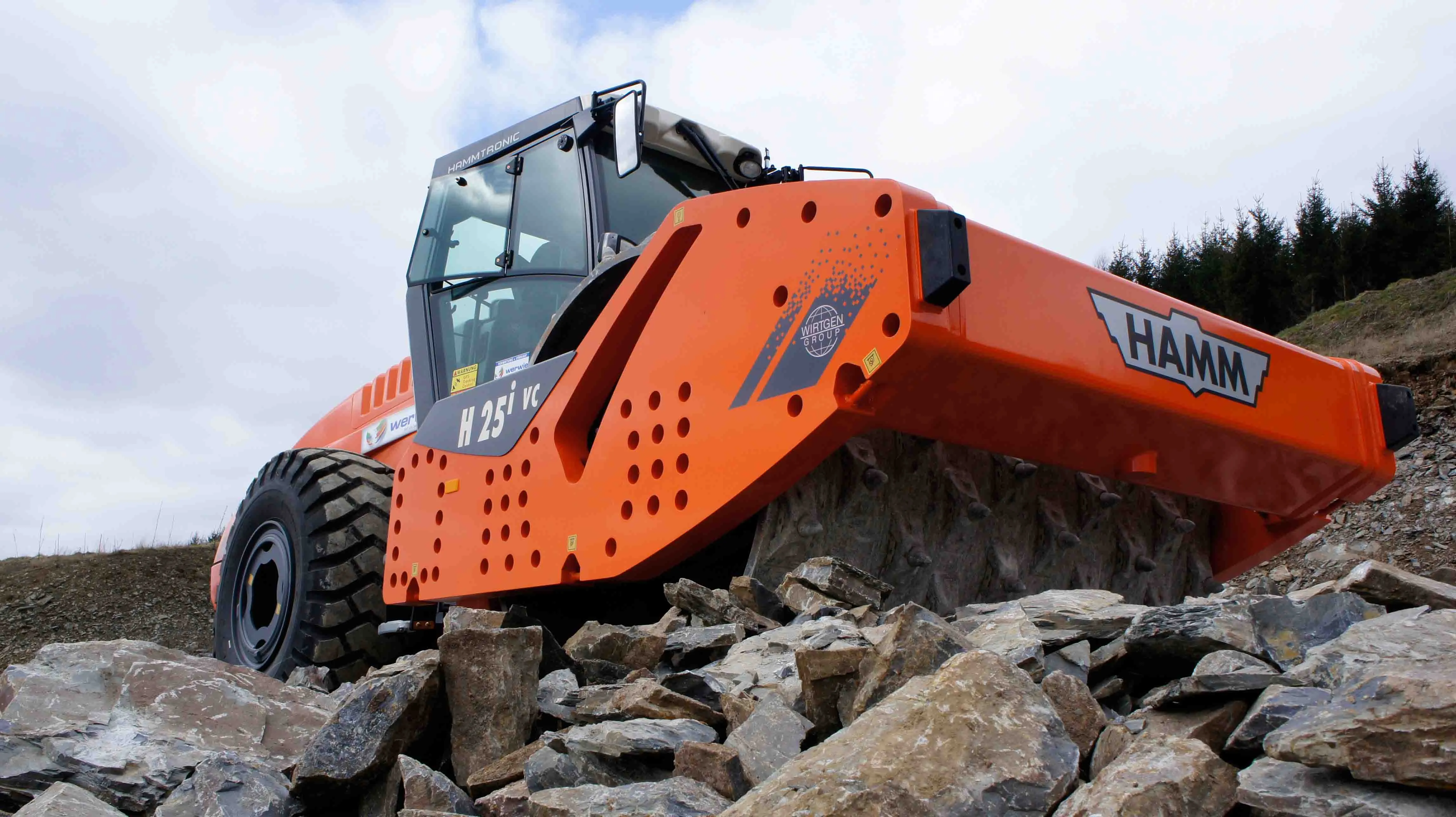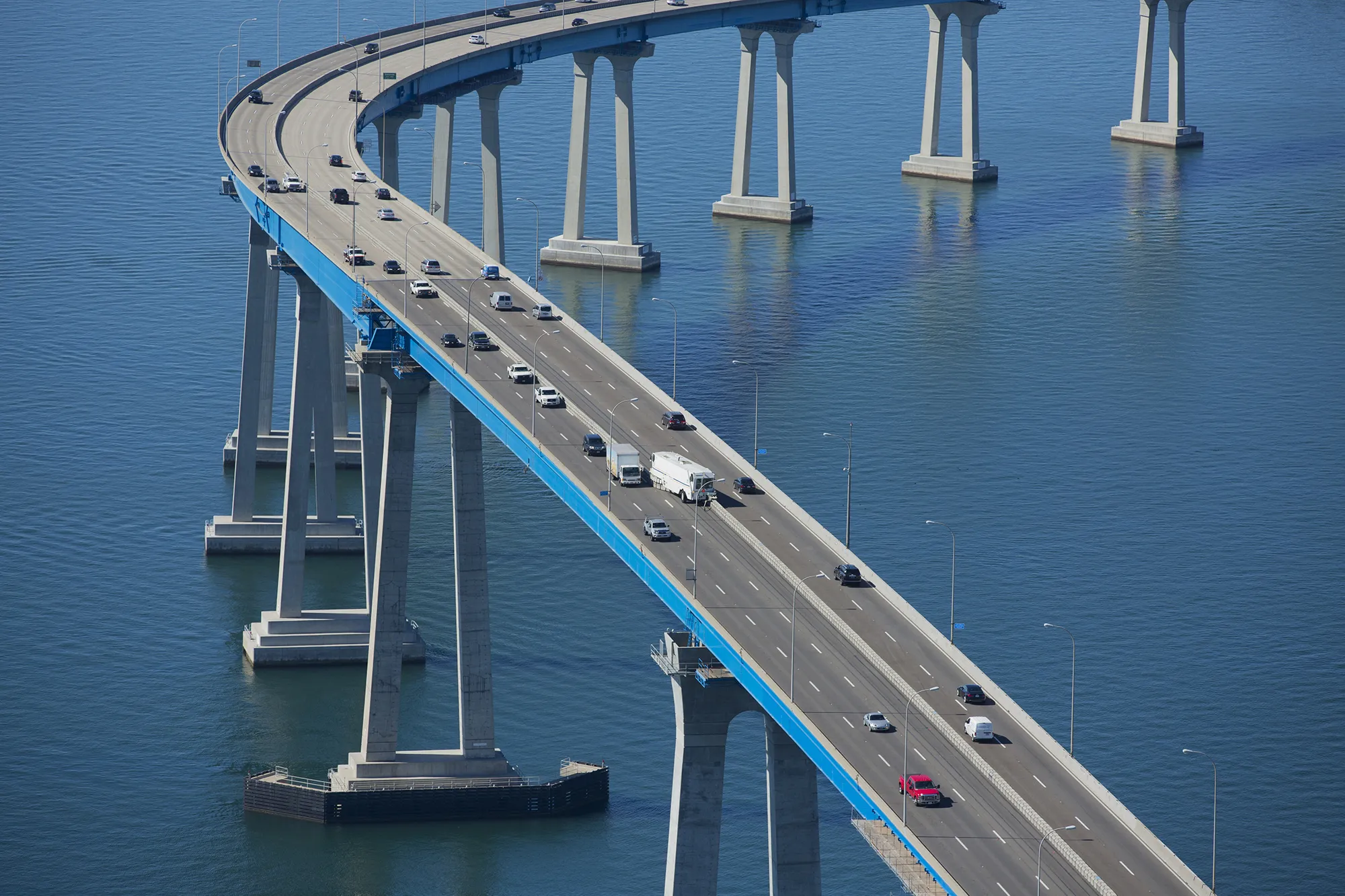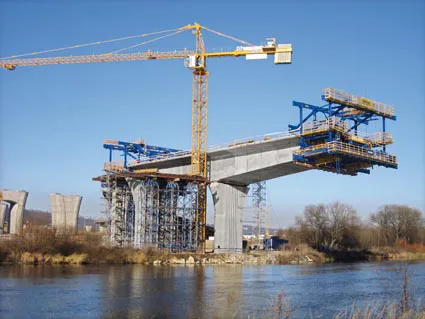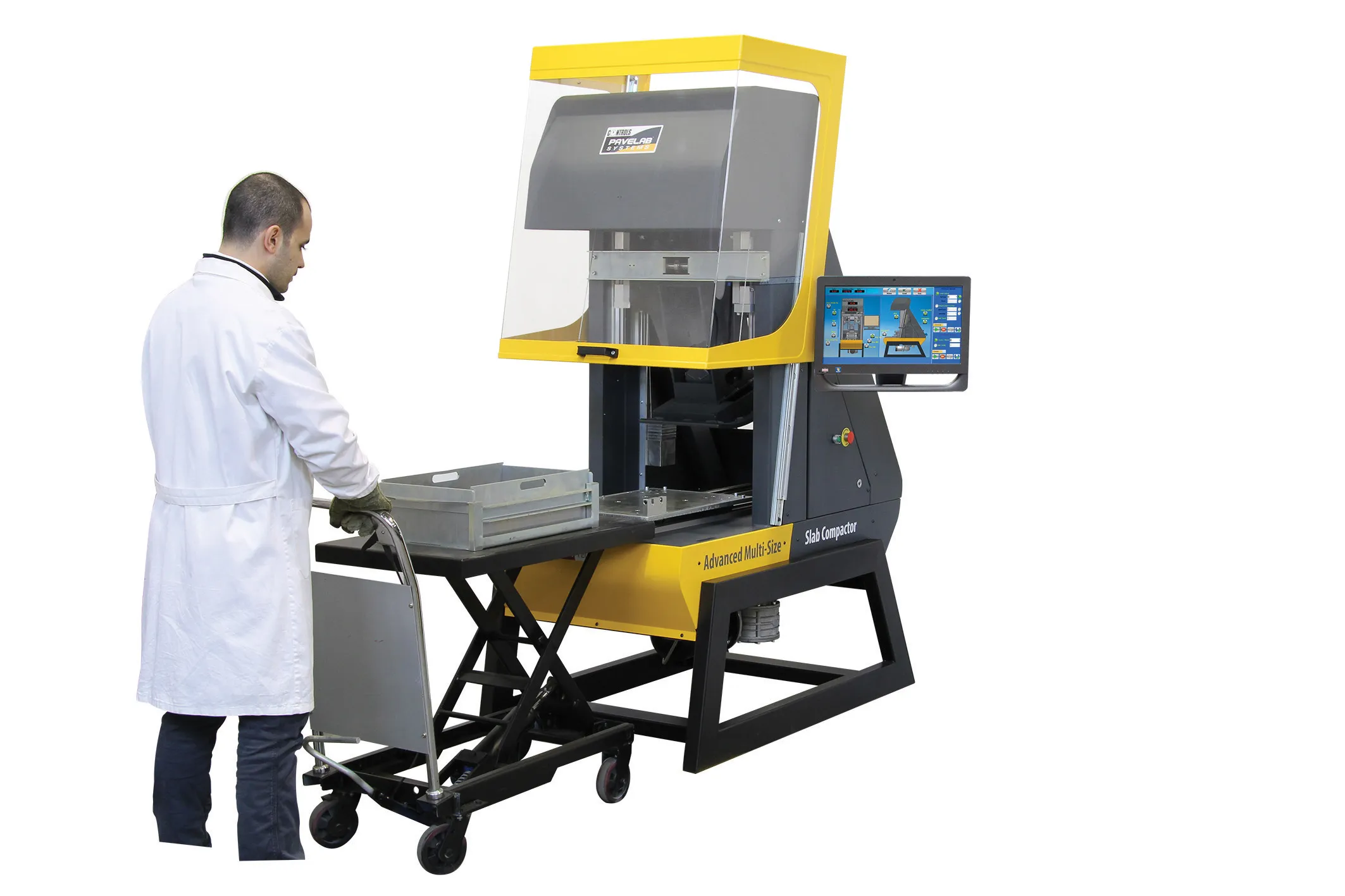SWARCO Traffic is offering a range of Mini-Signals to meet the need for street-level signals for bicycle lanes. The first signals are already being installed in the UK as part of London’s new Cycle Superhighway routes.
The Mini- Signals use a bespoke LED technology that gives a high light output but consumes minimal power. The signals require next to no maintenance and are also highly reliable and durable according to the firm.
Made from high-strength polycarbonate, the signals are suited to city centre a
March 9, 2016
Read time: 1 min
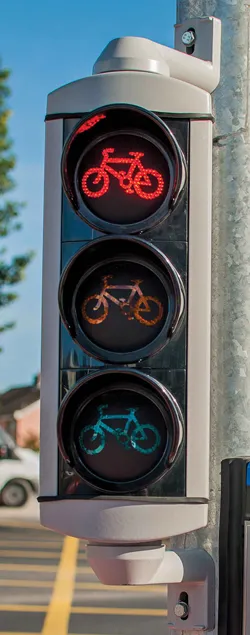
The Mini- Signals use a bespoke LED technology that gives a high light output but consumes minimal power. The signals require next to no maintenance and are also highly reliable and durable according to the firm.
Made from high-strength polycarbonate, the signals are suited to city centre applications and available in either a vertical or horizontal mounting. The signal heads can be supplied as standard Red-Amber-Green or with an additional regulatory sign and have already been installed for use with modern traffic signal controllers from a number of different manufacturers.


